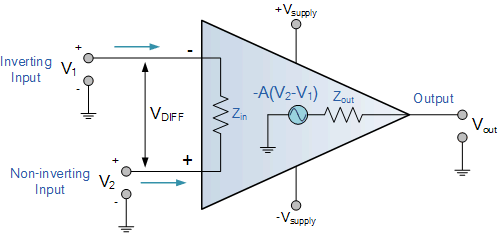Reasons to not compare ourself to others
Comparisons are always unfair. We typically compare the worst we know of ourselves to the best we presume about others. Comparisons, by definition, require metrics. But only a fool believes every good thing can be counted (or measured). Comparisons rob us of precious time. We each get 86,400 seconds each day. And using even one to compare yourself or your accomplishments to another is one second too many. You are too unique to compare fairly. Your gifts and talents and successes and contributions and value are entirely unique to you and your purpose in this world. They can never be properly compared to anyone else. You have nothing to gain, but much to lose. For example: your pride, your dignity, your drive, and your passion. There is no end to the possible number of comparisons. The habit can never be overcome by attaining success. There will also be something—or someone—else to focus on. Comparison puts focus on the wrong person. You c...
